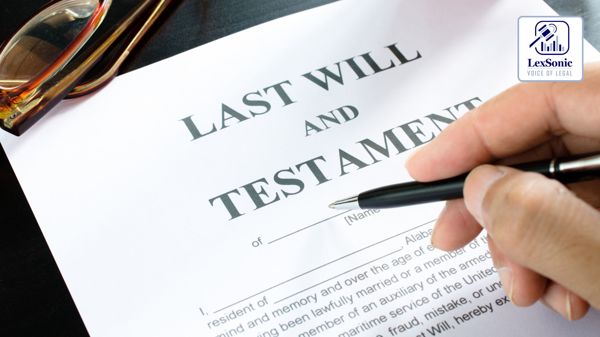Unregistered Wills are Valid: High Court Orders Property Tax Mutation Based on Bequest.
16 June 2025
Wills/Trusts >> Family Law
In Minor T. Sidharth, Represented by his Father & natural guardian T. Shivashankar, Chennai v/s The Corporation of Greater Chennai, Represented by its Commissioner, Chennai & Others, the Madras High Court has ruled that the registration of a Will is not mandatory for its validity, and a property tax record can be mutated (name transferred) based on an unregistered Will. This decision came in response to a writ petition filed by a grandson seeking to quash an order from the third respondent (a municipal authority) that rejected his request for mutation, citing the lack of a registered Will.
The petitioner's paternal grandmother had purchased a flat and subsequently executed an unregistered Will on April 1, 2018, bequeathing the property to her grandson, the petitioner. After her demise on May 12, 2019, and the obtaining of a legal heirship certificate and a joint affidavit from other legal heirs, the petitioner applied for the name transfer in the property tax records.

The third respondent rejected the application on March 24, 2021, insisting that mutation could only be effected if the Will was registered or if a Gift Deed or Settlement Deed was executed. The respondent's counter-affidavit reiterated this stance, claiming the Will needed to be registered or probated.
However, the High Court, after reviewing the arguments and relevant legal provisions, found the respondent's stance to be illegal and contrary to law. The Court referenced Section 18(e) of the Registration Act, 1908, which clearly states that Wills are documents of which registration is optional. Furthermore, the Court cited a Supreme Court judgment (AIR 1954 SC 280, Ishwardeo Narain Singh Vs. Smt.Kamta Devi and others) that explicitly held that the non-registration of a Will does not affect its genuineness.
Given that the Will was duly executed and attested, and there was no objection from the legal heirs who had submitted a joint affidavit consenting to the mutation, the High Court quashed the impugned order of the third respondent.
The Court has directed the petitioner to submit a fresh representation to the third respondent within three weeks, including a copy of the legal heirship certificate, the unregistered Will, and a fresh joint affidavit from the legal heirs. Upon receiving these documents, the third respondent is mandated to consider the application and pass orders on its merits, in accordance with the law, within six weeks.
